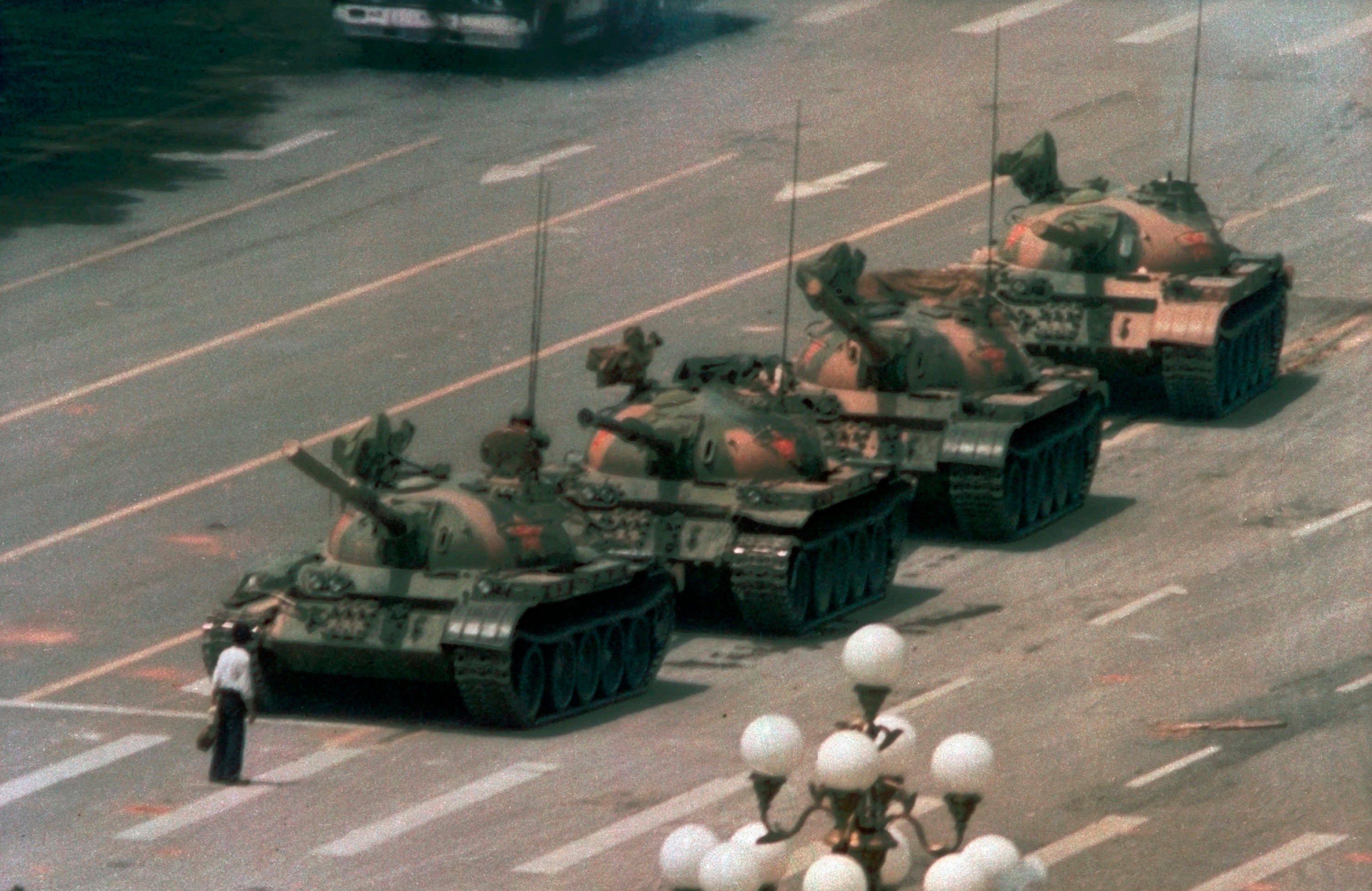Microsoft says "tank man" censorship due to human error
Microsoft Corp. blamed “accidental human error” for its Bing search engine briefly not showing image results for the search term “tank man” on the anniversary of the bloody military crackdown in Beijing’s Tiananmen Square in 1989

Your support helps us to tell the story
From reproductive rights to climate change to Big Tech, The Independent is on the ground when the story is developing. Whether it's investigating the financials of Elon Musk's pro-Trump PAC or producing our latest documentary, 'The A Word', which shines a light on the American women fighting for reproductive rights, we know how important it is to parse out the facts from the messaging.
At such a critical moment in US history, we need reporters on the ground. Your donation allows us to keep sending journalists to speak to both sides of the story.
The Independent is trusted by Americans across the entire political spectrum. And unlike many other quality news outlets, we choose not to lock Americans out of our reporting and analysis with paywalls. We believe quality journalism should be available to everyone, paid for by those who can afford it.
Your support makes all the difference.Microsoft Corp. blamed “accidental human error” for its Bing search engine briefly not showing image results for the search term “tank man” on the anniversary of the bloody military crackdown in Beijing’s Tiananmen Square in 1989.
Users in different parts of the world, including the U.S., said Friday that no image results were returned when they searched for the term “tank man.”
“Tank man” refers to the iconic image of a standoff between an unidentified civilian and a line of military tanks leaving Beijing’s Tiananmen Square after a brutal crackdown on pro-democracy protesters. The photo has become a symbol of defiance around the world.
After being alerted by reporters, Microsoft said in a statement that the issue was “due to an accidental human error and has been resolved.” Hours later, images of “tank man” photographs were returned by the search engine.
The company did not elaborate on what the human error was or how it had happened. Nor did it say how much of its Bing development team is China-based. The company's largest research and development center outside the United States is in China and it posted a job in January for a China-based senior software engineer to lead a team that develops the technology powering Bing image search.
Chinese authorities require search engines, websites and social media platforms operating within the country to censor keywords and results deemed politically sensitive or critical of the Chinese government.
References to the Tiananmen Square crackdown in 1989 are blocked in China, as are images relating to the event, such as “tank man.”
Microsoft’s Bing is one of the few international search engines that operate in China, where it abides by local censorship laws and competes with larger Chinese search engines such as Baidu and Sogou.
Bing has a 2.5% market share in China, according to data site Statcounter.
Rival Google exited the Chinese market in 2010 after four years of operation, following disputes over censorship and a major hacking attack that Google believes originated in China.
___
Bajak reported from Boston.